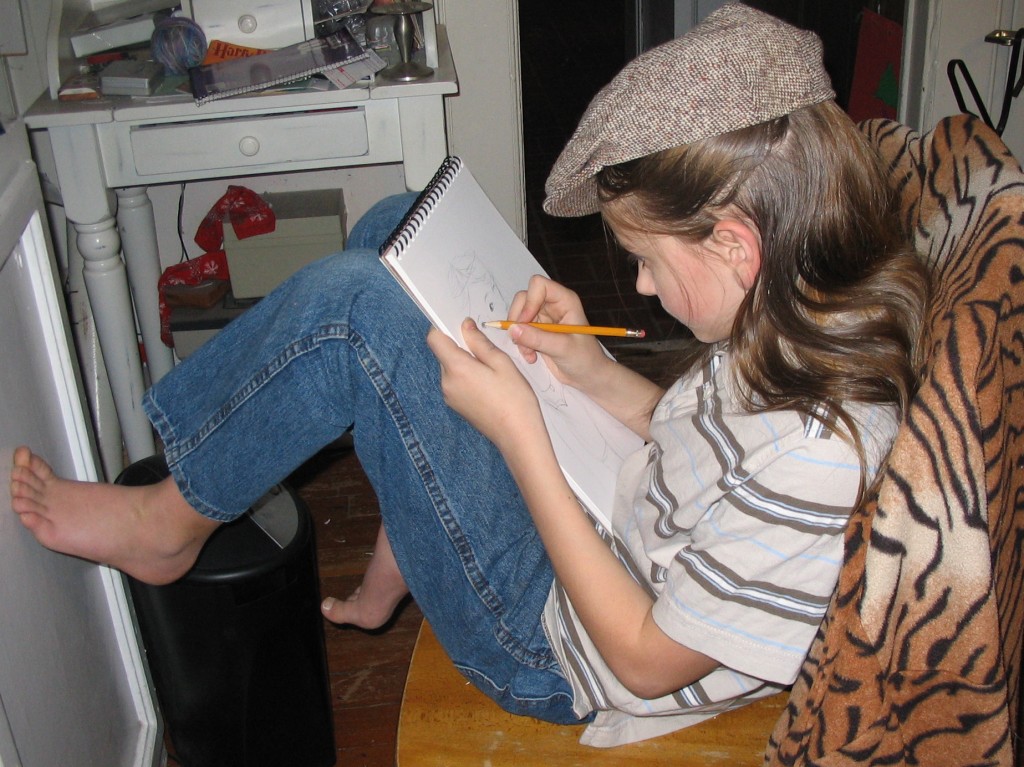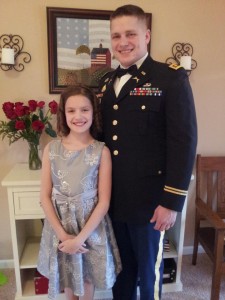 Nine years ago in April, I wrote a sonnet for poetry month as I try to do every year. At the time, my son was six and my dad was teaching him to play chess, so I wrote a practice piece about that. A few years later, I got an idea for a short story about grandfather and grandson playing a game of chess which eventually became the first chapter of Heart of a Shepherd. I set that story on a ranch in Eastern Oregon because I had recently visited my friend Maria out in Malhuer County, Oregon. The idea came to me in the grocery store late at night, so I added a pencil and composition book to the groceries and then sat in the parking lot under a streetlight to write the story. I wrote the whole draft in about as long as it takes a cup of hot chocolate and a quart of ice cream to reach thermal equilibrium.
Nine years ago in April, I wrote a sonnet for poetry month as I try to do every year. At the time, my son was six and my dad was teaching him to play chess, so I wrote a practice piece about that. A few years later, I got an idea for a short story about grandfather and grandson playing a game of chess which eventually became the first chapter of Heart of a Shepherd. I set that story on a ranch in Eastern Oregon because I had recently visited my friend Maria out in Malhuer County, Oregon. The idea came to me in the grocery store late at night, so I added a pencil and composition book to the groceries and then sat in the parking lot under a streetlight to write the story. I wrote the whole draft in about as long as it takes a cup of hot chocolate and a quart of ice cream to reach thermal equilibrium.
Winning the Kay Snow Award
I sent THE CHESS MEN off to a few contests and won a Kay Snow Award from Willamette Writers in 2003. I sent it out to a few editors. They all said, “This is good writing, but no thanks.” Jim Thomas at Random House, who I had met at an SCBWI conference said, “Great writing, send me something else.” So I set the short story aside and worked on other things
But something about that story and the relationship between the boy and his grandpa stuck with me, so I tinkered with it. By that time, the war in Iraq was underway and the experience of small towns in Oregon losing their most valuable citizens to deployment was on my mind, so I added that as a framework for what I thought of as a collection of short stories that would be something like Graham Salisbury’s BLUE SKIN OF THE SEA, a book I admire very much.
Finding my Editor
I wrote three more stories and got completely stuck. Fortunately, another Random House editor, Wendy Lamb, critiqued them at an SCBWI conference and was warmly encouraging of my efforts. All together, it took me two years of intensive study, research and writing to come up with a draft of Heart of a Shepherd I was satisfied with.
I sent it to Jim Thomas because I remembered how passionate he was about getting good “boy stories” out there. So after several years of hearing, “Great writing send me something else”, Jim said, “This is the one I want.” That was Sept 25th 2006, seven years and five months after I first wrote a sonnet about a boy and his grandpa playing chess.


 1. Acknowledge the soldier’s absence and encourage communication. A simple note or email to the family as soon as you learn of a deployment expressing your support and willingness to help sets you up for success over the coming months.
1. Acknowledge the soldier’s absence and encourage communication. A simple note or email to the family as soon as you learn of a deployment expressing your support and willingness to help sets you up for success over the coming months.
